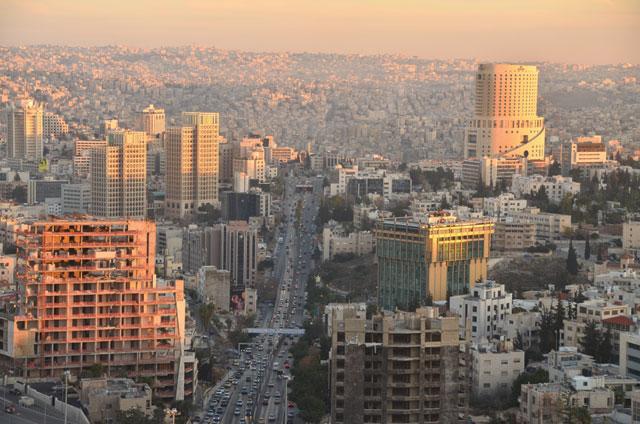You are here
UNFPA concludes family planning regional consultations
By JT - Jun 27,2023 - Last updated at Jun 27,2023
AMMAN — The United Nations Population Fund (UNFPA) has concluded its regional consultations on family planning in Jordan.
The consultations, organised by the UNFPA's Regional Office for Arab States, aimed to support efforts in meeting family planning needs in the Arab region.
Experts from the UNFPA, along with partners from 15 countries, gathered in Amman for the three-day discussions focused on priorities, challenges and opportunities to reduce unmet needs in the Arab region.
It is estimated that 13.6 million women, out of a total of 91 million in the reproductive age range of 15-49 years, have unmet family planning needs. These women desire to avoid or delay pregnancy but are not utilising contraceptives, according to a statement issued by the regional office on Monday.
One of UNFPA’s three transformative goals is to fulfil these unmet needs by 2030, the statement said.
Over the three-day programme, participants discussed the UNFPA's Family Planning Strategy (2022-2030) and the Acceleration Plan (2022-2025), which aim to support the implementation of a new strategy and develop country-specific roadmaps to expedite progress. Furthermore, participants explored potential opportunities for collaboration among countries in the southern region of the Arab world.
The statement also highlighted the unique challenges of the Arab region, including social stigmatisation related to family planning access, inequitable access to healthcare and social services, weak supply chain management systems, healthcare workforce shortages and funding gaps.
These obstacles prevent women of reproductive age from accessing certain health and social services, the statement read.
The prevalence of modern contraception is below 60 per cent in two-thirds of Arab countries. Additionally, young people, who constitute approximately 30 per cent of the population, encounter significant barriers in accessing accurate and age-appropriate family planning information and services.
The region also grapples with complex humanitarian crises, adding strain to healthcare systems.
To address these issues, the statement emphasised the need for increased efforts from the United Nations, government partners and civil society organisations to fulfil women's family planning needs in the region.
Related Articles
AMMAN — A recent decision by the US to deny future funding to the United Nations Population Fund (UNFPA) will affect the agency's efforts to
AMMAN — The COVID-19 pandemic has “laid bare” health and socio-economic challenges that directly impact all population groups, particularly
AMMAN — The Eastern Mediterranean Public Health Network (EMPHNET) was recently awarded a three-year grant to encourage the adoption of quali















